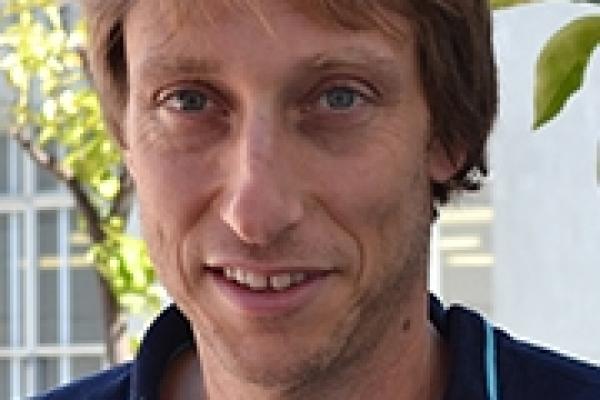
I will present a hypothesis for the universal properties of operators evolving under Hamiltonian dynamics in many-body systems. The hypothesis states that successive Lanczos coefficients in the continued fraction expansion of the Green's functions grow linearly with rate α in generic systems. The rate α --- observable through properties of simple two point correlation functions --- governs the exponential growth of operator complexity in a sense I will make precise. Furthermore, I will show that α places a sharp bound on Lyapunov exponents λ≤2α, which generalizes the known universal low-temperature bound λ≤2πT. We illustrate our results in paradigmatic examples such as non-integrable quantum spin chains, the Sachdev-Ye-Kitaev model, and classical models. Finally we use the hypothesis in conjunction with the recursion method to develop a technique for computing diffusion constants in strongly coupled systems.
